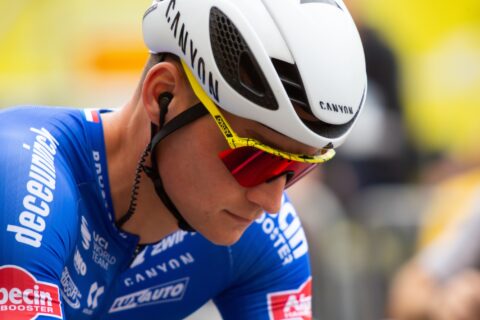
Coaching a New Generation of Multisport Athletes
Athletes who want to train and compete in multiple sports require a different approach to training, and to have their expectations managed.
Coaching is hard! A good coach must manage challenging athletes, build a business, grow his or her knowledge, stay on top of new software—in many ways, being a cycling, triathlon, or running coach today is harder than ever before. At the same time, it’s easy to find advice online—though it’s hard to know how good that information is.
At Fast Talk Labs, you can be certain you’re getting beneficial advice from our in-house coaches, who have over 40 years of experience in personal coaching, group coaching, and online coaching.
Are you a coach? We offer coaching support services to help you develop your practice and get answers to technical questions. Apply to join our Coaching Support program.

Athletes who want to train and compete in multiple sports require a different approach to training, and to have their expectations managed.

Expect the emergence of artificial intelligence and new tech to accelerate potential for the business and execution of coaching.
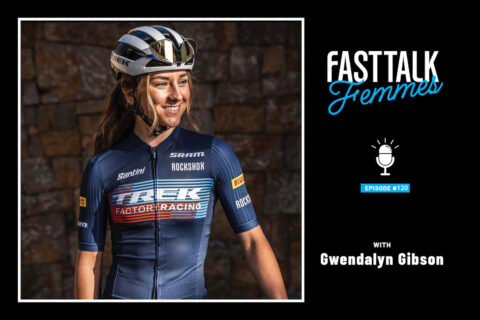
Rising U.S. mountain biking star Gwendalyn Gibson explains what it takes mentally and physically to succeed at the UCI World Cup level.
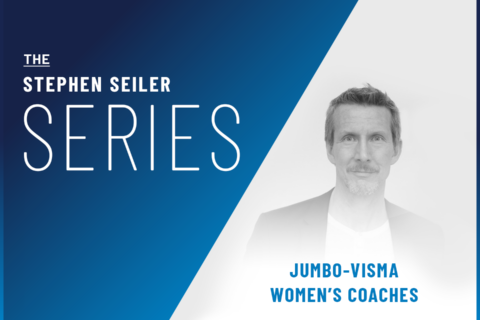
Get to know Marieke, Lieselot, and the Jumbo-Visma team ethic as Dr. Stephen Seiler interviews these two pro-team coaches.
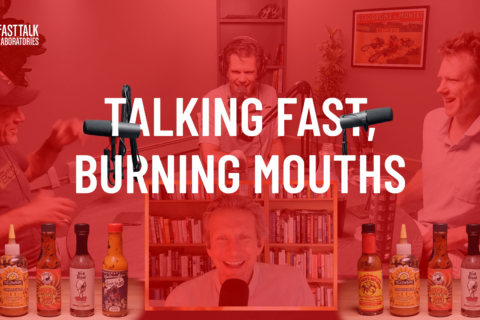
Dr. Stephen Seiler joins Trevor, Rob, and Grant as they ask each other spicy questions while eating hot wings.
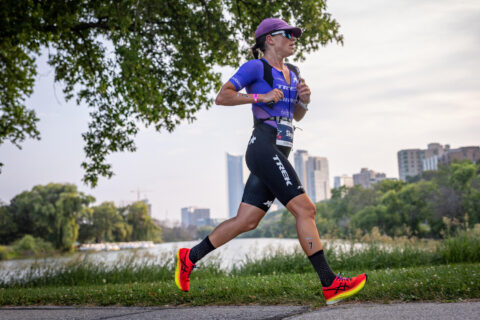
As pro athletes redefine the limits of performance, coaches are continually refining their strategy and leading a collaborative effort.

In addition to traditional aerobic training, SWAP uses short hill strides to help athletes develop speed. Get the science behind this innovative approach to raising the ceiling on VO2max.
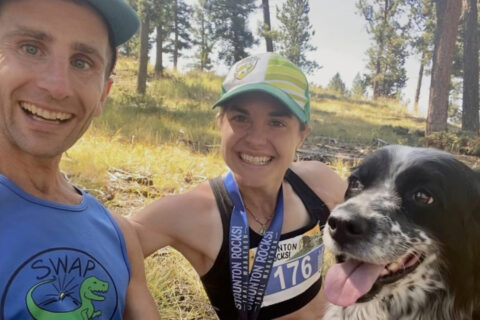
The backstory of SWAP Running attests to the value of curiosity, naivety, and a good dose of grit. David and Megan Roche channeled their love for the sport into a coaching business with a reputation for winning.
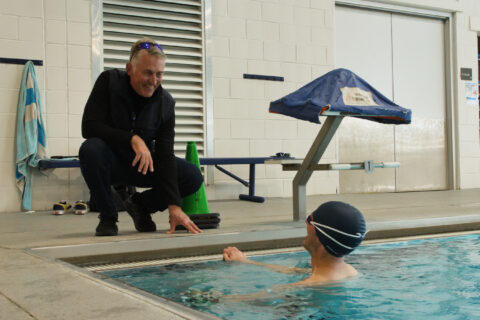
Supporting performance at the highest level will cost you time and money. Coach Joe Friel shares a balanced approach to the high-stakes game of working with pro athletes.
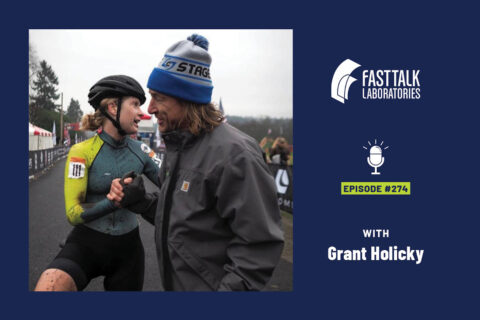
In this roundtable discussion, we dive into how personal connections between athletes and coaches may be more important than training plans.
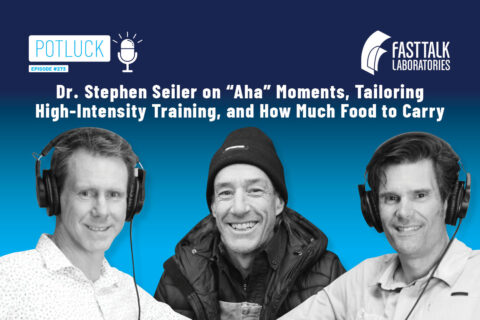
Welcome to another potluck conversation with regulars Grant Holicky, Trevor Connor, and Rob Pickels. In these discussions, we pick topics that we find interesting and break them apart using a mix of science, humor, and our own experience. This week’s potluck is a special episode because joining us is Dr. Stephen Seiler. He’s going to discuss […]
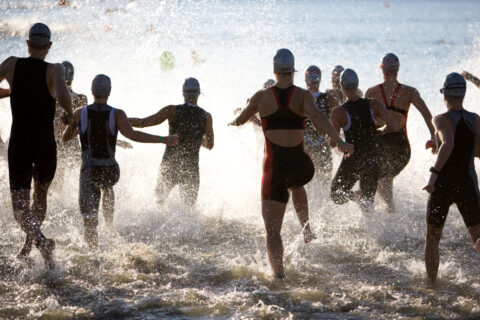
Learn how to help female athletes reach their potential with the latest knowledge from a stellar cast of experts and coaches.
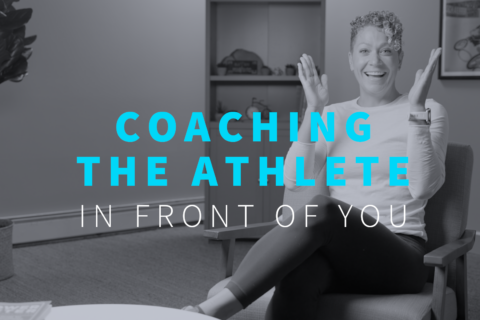
Lauren Vallee talks about how important it is to take into account an athlete’s background to truly do your best work as a coach.
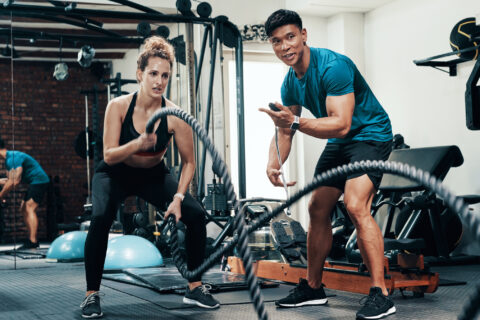
Being a mom and an athlete can require world-class juggling and coping skills. As a coach, how can you best support and empower these athletes? We find out from Coach Alison Freeman (who’s also a Mom-Athlete).
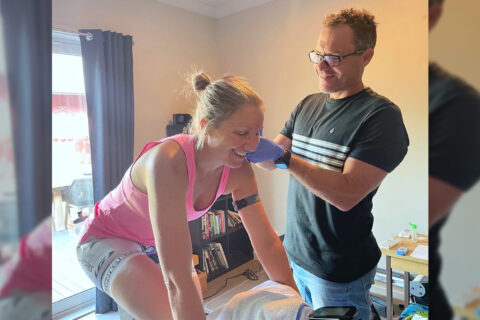
It can be difficult for male coaches to know their role in helping female athletes navigate performance in context of the menstrual cycle and hormones. Coach Bevan McKinnon shares his experience and learning on this topic and some helpful tools.
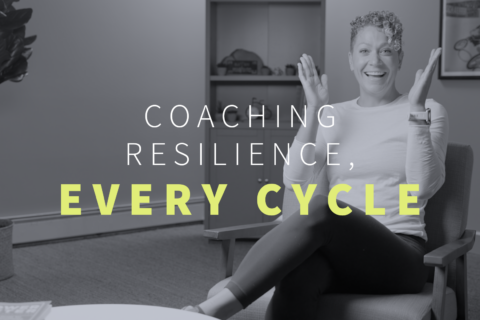
Lauren Vallee brings a unique perspective to an athlete’s menstrual cycle, viewing it as an opportunity for coach and athlete to build resilience every single month.
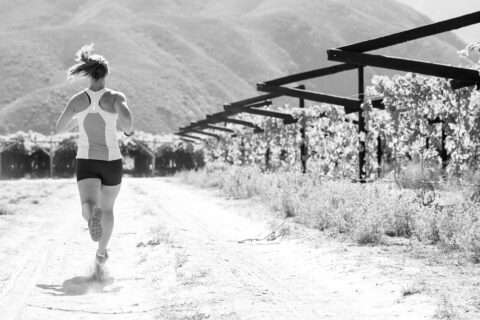
The misconception that “lighter is better” has undermined endurance athletes of all genders, but a shocking number of female athletes have been emotionally and physiologically destroyed by weigh-ins and negative body talk. Coaches can learn how to best navigate conversations on this topic with these simple guidelines.

When it comes to coaching female athletes there’s an abundance of myths and misconceptions. Physiologist Stacy Sims sets the record straight.